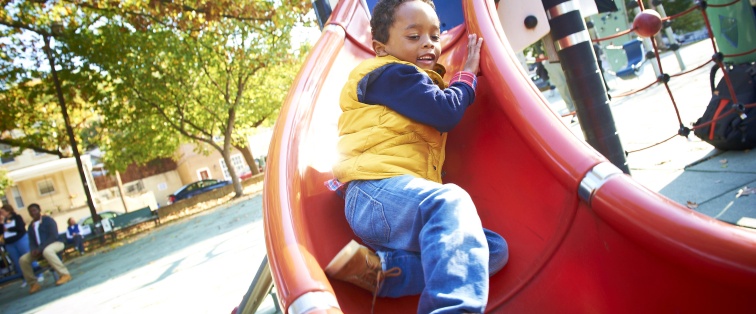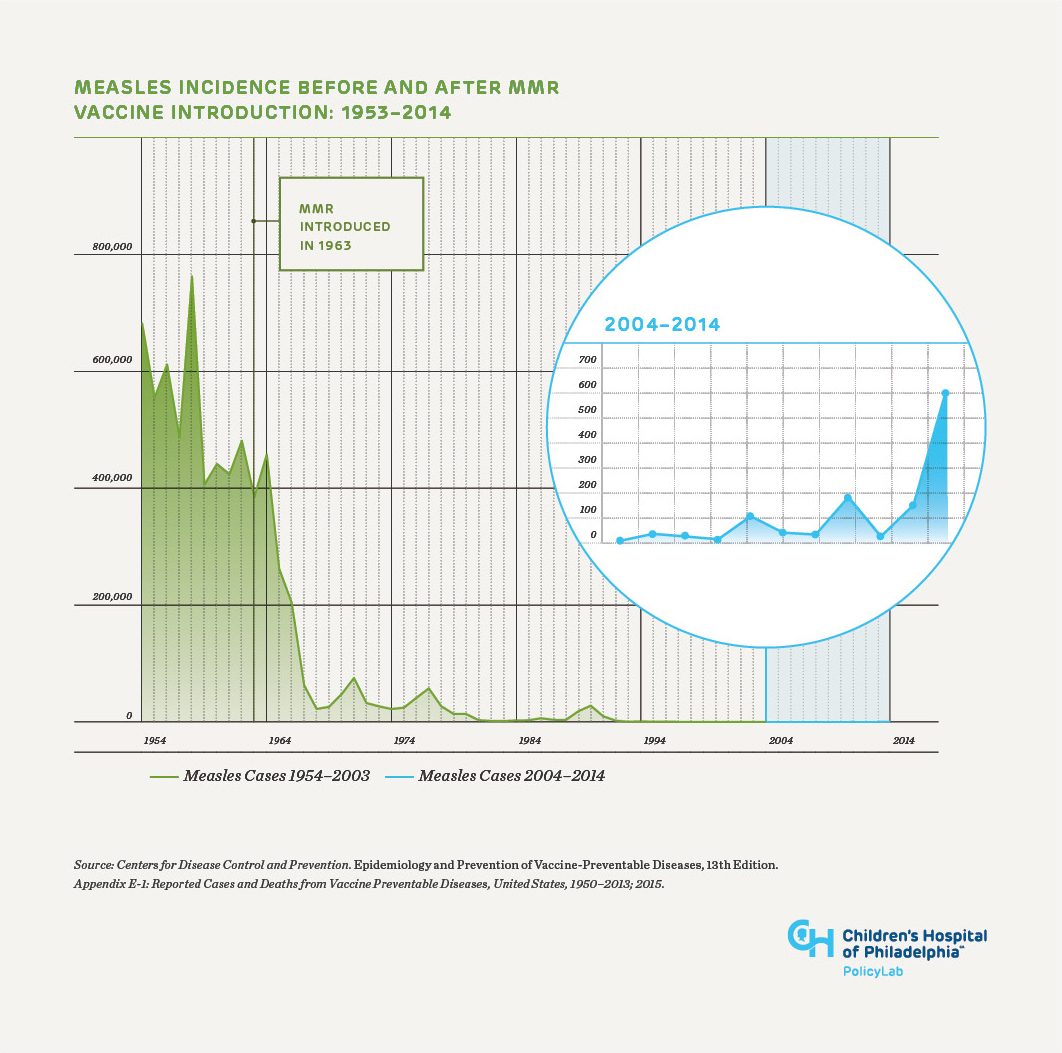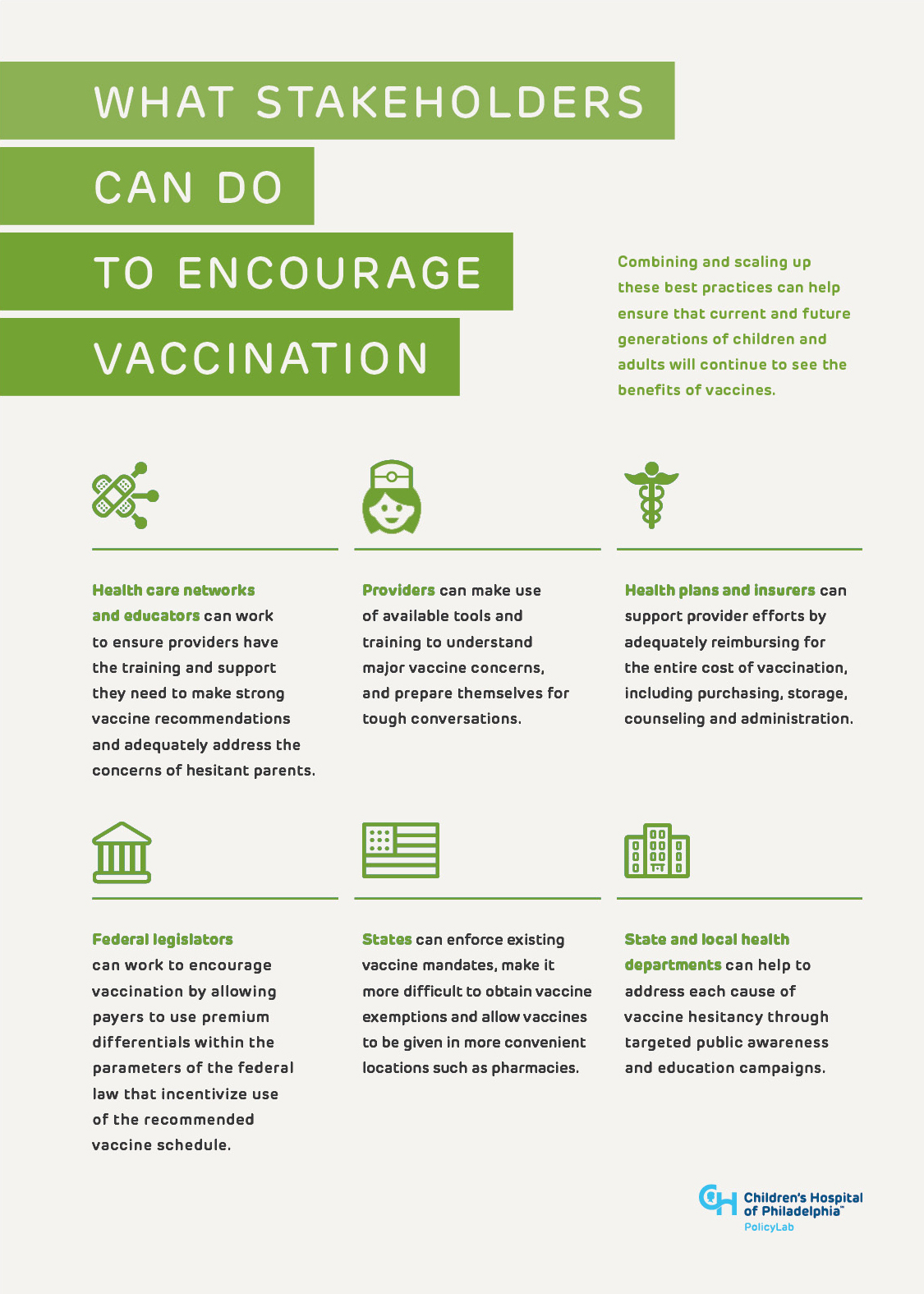The Ironic Rise in Vaccine Hesitancy

The science is irrefutable: vaccines work. Hundreds of studies over many decades show overwhelming evidence that vaccines are safe, effective and have helped to improve the overall health of entire populations, prevent unnecessary illness and save millions of lives. Not to mention the untold billions in health care cost savings that go along with preventing devastating, debilitating disease.
My fellow physicians and other medical experts agree, and most of the general population understands, that vaccines are safe and effective. But ironically, the very success of vaccination is now contributing to a rise in vaccine hesitancy – a behavior influenced by lack of trust in the medical community or concerns about vaccine safety, efficacy, necessity or convenience. And hesitancy has contributed to undervaccination through parental decisions to delay or refuse vaccines for their children, putting more and more children and communities at risk. While vaccine hesitant parents make up a small group, it appears to be growing as anti-vaxxers – those who vocally question and refuse vaccines – are trying to gain traction again in a political climate that is allowing them to amplify their voices. That’s why we at PolicyLab published a new Evidence to Action brief to explore the true causes of vaccine hesitancy and propose ways to help parents understand the real risks to their children’s health.
We all want to do what is best for our kids. We want them to be safe, happy and healthy. Unfortunately, there is a lot of misinformation out there about how to do that, and it can be really difficult to separate truly evidence-based facts from unfounded opinions. Once you hear a claim – from anyone or anywhere – that something might be dangerous for your child, it’s incredibly hard to unhear it. We’ve even heard rehashed concerns about debunked (but prevalent) myths regarding vaccine safety from the highest levels of our government as recently as just a few weeks ago – messages that further fuel fear and anxiety as they reach well-meaning parents across the country.
In general, we’re fortunate to live in a time when most of us have never seen a case of polio, or small pox, or even measles or rubella because strong vaccination  programs have all but eliminated them from our country and much of the world. However, not witnessing these diseases first hand has desensitized us to their severity, and collective memory of their crippling effects has faded.
programs have all but eliminated them from our country and much of the world. However, not witnessing these diseases first hand has desensitized us to their severity, and collective memory of their crippling effects has faded.
As a result, in recent years we’ve seen a rise in the U.S. of vaccine-preventable diseases like measles and pertussis as more parents intentionally choose to delay or refuse vaccines for their kids. These types of refusals tend to happen in clusters – in school districts or geographic regions where many parents share their views with one another. And these areas, where vaccination rates drop below levels that protect populations from the spread of disease, are where we see spikes in disease outbreaks.
That’s why it’s on us – as health care providers, as policymakers, as educators, as fellow parents – to compassionately and without judgment, do what we can to help more parents understand that any perceived risk they might have about vaccinating their kids is far outweighed by the risk of not doing everything we can to protect them.
Please take a look at our new brief, “Addressing Vaccine Hesitancy to Protect Children and Communities Against Preventable Diseases,” which proposes policy changes and actions we can take at all levels improve health care providers’ ability to make strong vaccine recommendations, strengthen immunization requirements for school enrollment and improve the public’s trust in vaccines. Combining and scaling up these efforts can encourage greater vaccine acceptance, increase vaccination rates and work with parents to protect the current and future health of our children.

